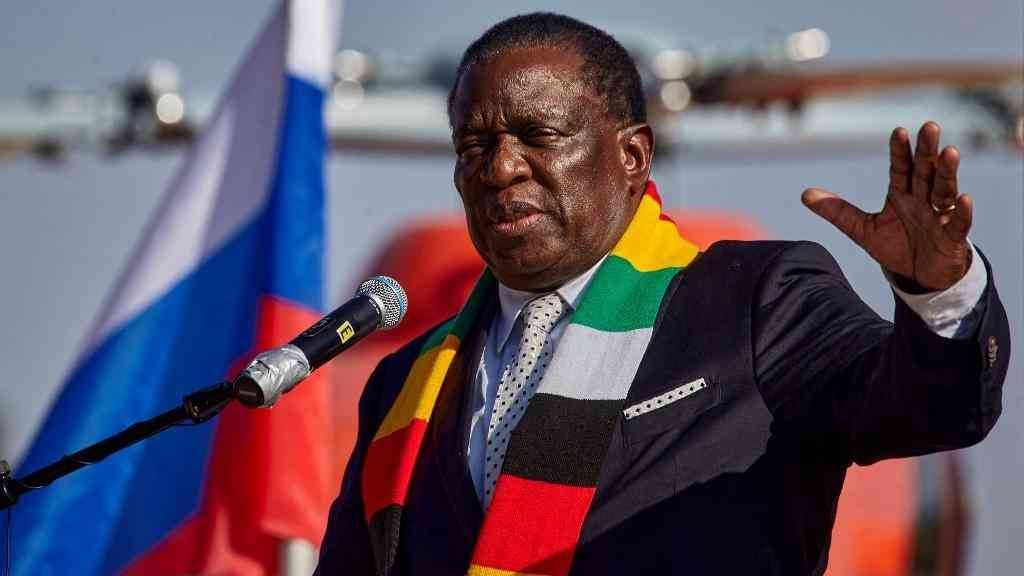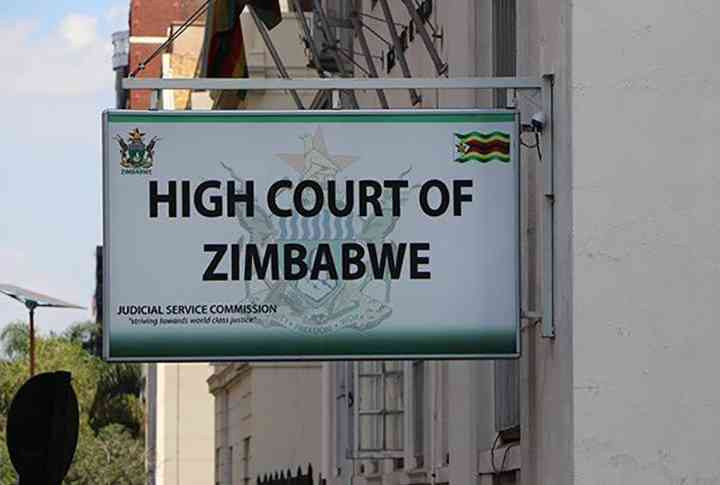
BY OWN CORRESPONDENT
THE High Court ruling handed down by Justice Clement Phiri on September 2, which rescinded a search-and-seizure warrant issued against Econet Wireless Zimbabwe (Econet) gives a glimmer of hope for Zimbabweans to believe in the judicial system’s capacity and willingness to protect citizens’ rights to privacy, observers have said.
Justice Phiri declared the search-and-seizure warrant issued by Harare provincial magistrate Richard Ramaboa “unlawful” and ordered Zimbabwe Republic Police commissioner general Godwin Matanga and investigating officer Mkhululi Nyoni to pay the costs, after Econet had contested the warrant in court.
The latest judgement backed an earlier provisional order granted by Justice Edith Mushore on July 22 to stay the execution of the warrant, pending a determination of its lawfulness by the High Court.
This was after Nyoni, a detective inspector in charge of the Criminal Investigation Department Asset Forfeiture Unit, had on July 17 obtained a search-and-seizure warrant from Ramaboa to search Econet premises and customer data base as part of alleged money laundering charges laid against Zimbabwe’s leading mobile network service provider.
Econet denies the charges.
The warrant empowered Nyoni to get a “list of all subscribers or customers both registered and unregistered in the Econet database with full subscriber details for the period January 2, 2020 to June 30, 2020” as well as a “summary of transient e-money or airtime credit service posted on the platform through airtime loans” during the same period.
But it should come as a relief to most Zimbabweans, even those who brook no favours towards Econet, to note that both justices Phiri and Mushore concurred with Econet’s argument that the search warrant was too wide, speculative and liable to abuse by law enforcement agents.
- Chamisa under fire over US$120K donation
- Mavhunga puts DeMbare into Chibuku quarterfinals
- Pension funds bet on Cabora Bassa oilfields
- Councils defy govt fire tender directive
Keep Reading
For instance, had Nyoni been given the go-ahead to access Econet’s entire subscriber database, it would have gravely compromised the privacy of over 11 million people, who did not break the law.
Section 57 of the new Zimbabwe constitution guarantees the right to individual privacy and provides that every person has the right not to have their person, home, premises or property searched, unless there are valid and reasonable grounds to do so.
“The right to privacy is an inalienable right, which cannot and should not be tampered with.
“Though it is admitted that all rights are subject to limitations, that should only be so in exceptional circumstances,” said Tichaona Nyamucherera, a legal practitioner with Lawman Chimuriwo Attorneys.
“What we saw happening with the warrant of execution granted on the 17th of July 2020 against Econet was an acute abridge of the right to privacy.
“The lack of particularity was malicious and would have opened the proverbial Pandora’s box,” he said, adding that this would have further obliterated the fabric of trust that underlines and gives life to the relationship between Econet, and other mobile service providers, with their clients.
Nyamucherera also noted that in the wrong hands, the “fishing expeditions” would have further endangered the general populace.
“The honourable judge Phiri’s stance in stopping the execution of the warrant is fundamental to the development of our jurisprudence.
“He played the commendable role expected of our courts in protecting entities such as Econet which, axiomatically, have a persistent interface with the majority of our population.
“It was exciting to behold, and presented a welcome journey in fortifying constitutionalism.”
Other legal experts described privacy as a fundamental human right that is central to the protection of human dignity and forms the basis of any democratic society.
They said it also supports and reinforces other rights, such as freedom of expression, information and association.
The right to privacy embodies the presumption that individuals should have an area of autonomous development, interaction, and liberty, a “private sphere” with or without interaction with others, free from arbitrary state intervention and from excessive unsolicited intervention by other uninvited individuals.
They said activities that restrict the right to privacy, such as surveillance and censorship, can only be justified when they are prescribed by law, necessary to achieve a legitimate aim and proportionate to the aim pursued.
In addition, they said Econet had an obligation, in terms of the law, to keep the private and confidential information of its customers, and such information should be protected from arbitrary search-and-seizure warrants.
All telecommunication companies in Zimbabwe are required by law to keep a database of all subscribers including customers’ names, identification numbers, addresses and their cellphone numbers.
And Nyoni sought to go through all the names in Econet’s database, although he did not specify any crime that had been committed by all or any of the subscribers.
“Thank God we still have impartial and credible judges such as Mushore and Phiri, who saw the flaw in Nyoni’s thinking.
“We all shudder to think what would have happened had the judges given in and issued the search-and-seizure warrant, which criminalises the whole nation and invades the right to privacy and dignity of the entire country, without a valid reason,” said an attorney, who preferred anonymity.
It must also be noted that the two judges were correct in quashing the warrant as this would have made Zimbabwe and Econet vulnerable to lawsuits from both local and international organisations and business entities that are Econet’s customers, for breach of privacy.
This is because Econet’s subscribers include international organisations, diplomatic missions and other entities that enjoy the protection of privacy under international treaties and protocols that Zimbabwe is a signatory to.









